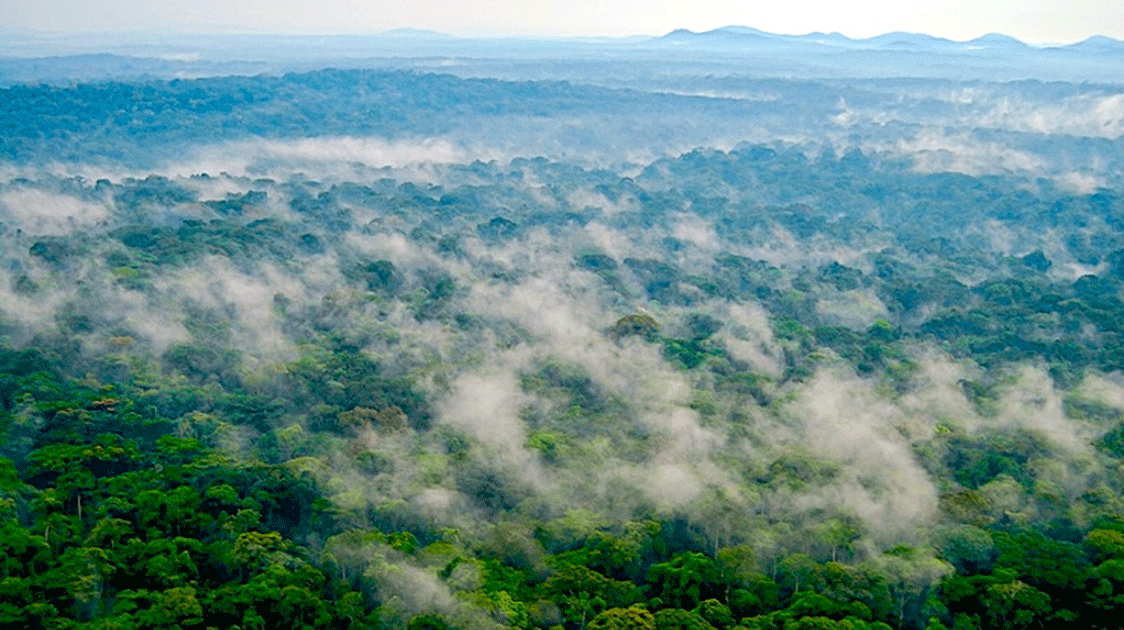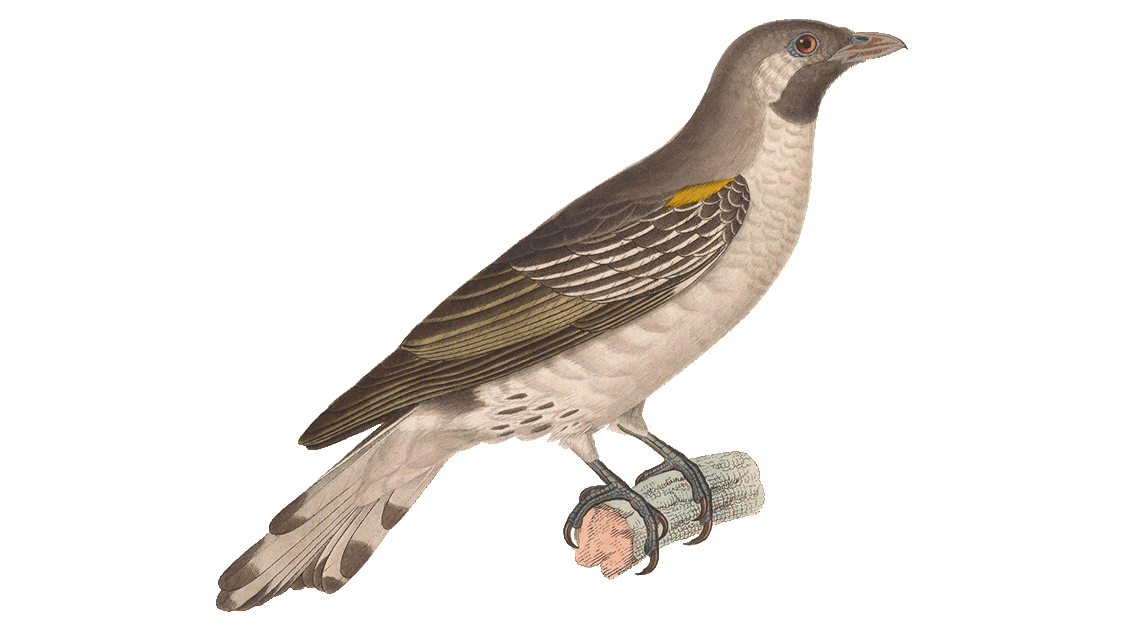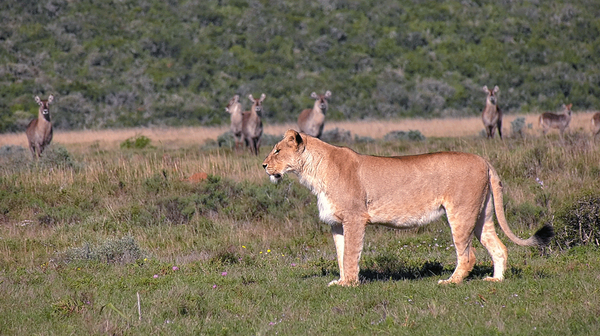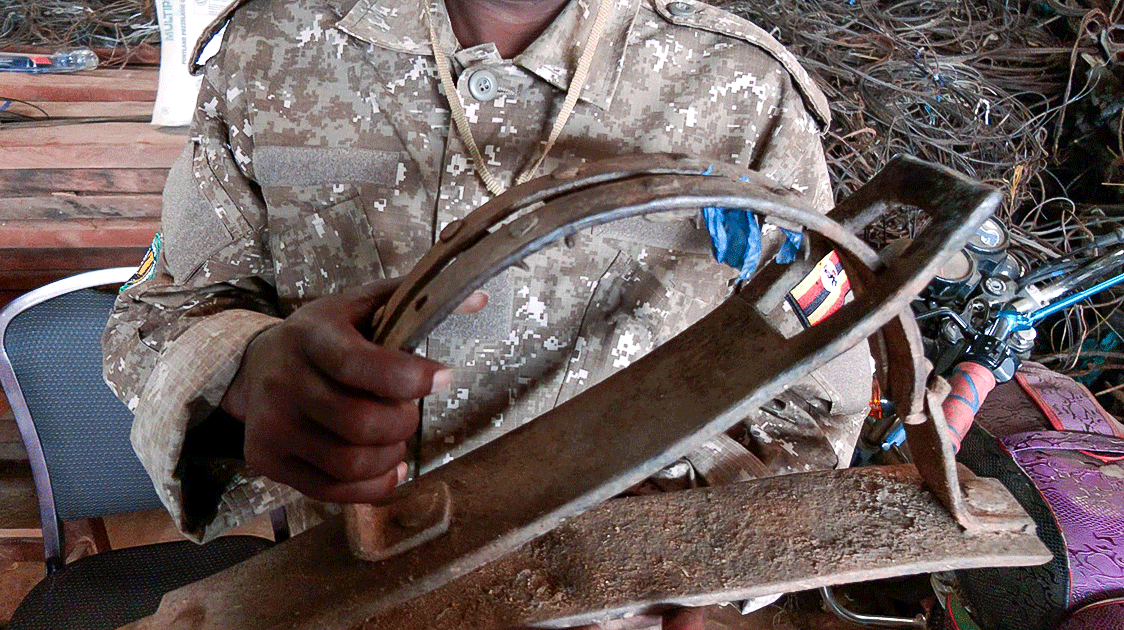The Forgotten Heroes: Why World Rangers Day Must Include All Anti-Poaching Heroes
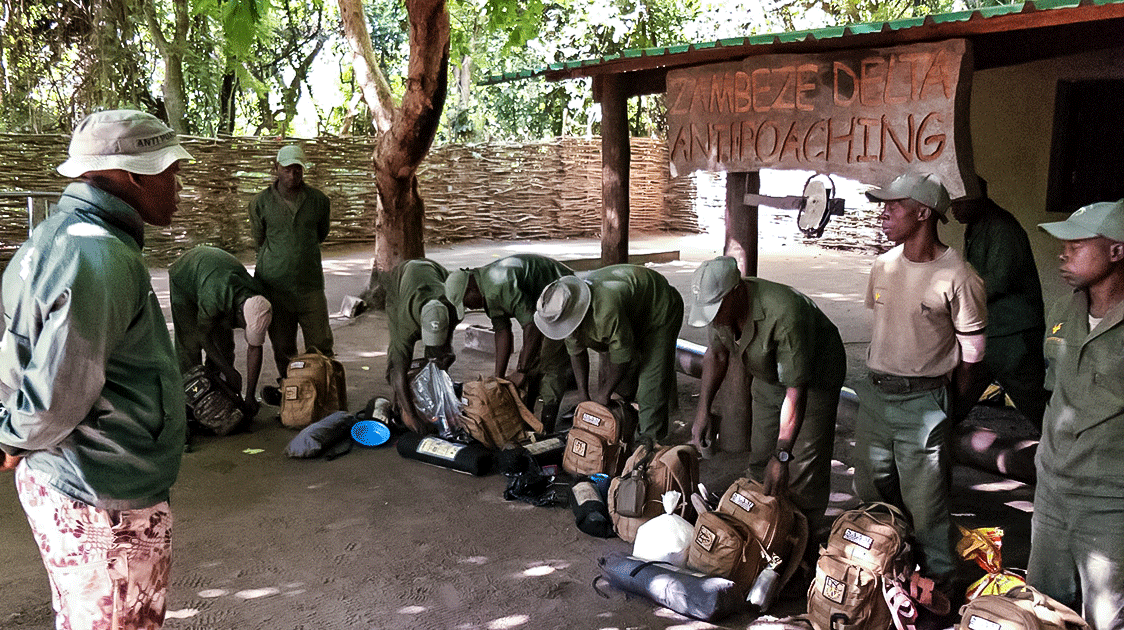
By Zig Mackintosh
July 31, 2025 - World Rangers Day
In the pre-dawn darkness across Africa's most remote wilderness areas, where few Western tourists ever dare to set foot, thousands of rangers shoulder their rifles, check their radios, don their heavy backpacks, and step into landscapes where a single encounter with armed poachers could be their last.
They move silently through terrain larger than many countries, cutting snares from game trails, tracking human footprints through the bush, and standing as the thin green line between the wildlife and the poachers.
Yet when World Rangers Day arrives each July 31, many of these dedicated conservation professionals remain invisible, not because their work is less important, but because they draw their paychecks from safari hunting operations.
As Lieutenant Colonel Rafael Dilguerian De Oliveira Conceição noted in his recent analysis for Patrol, two rangers lose their lives in the line of duty every week globally, with over 1,000 rangers killed worldwide over the last decade.
Among these fallen heroes are rangers employed by safari hunting operations, whose sacrifice receives little recognition from the broader conservation community.
The Unsung Heroes in the Bush
John Laing from Guides Against Poaching (GAP), who has conducted anti-poaching operations along the Zambezi River for over a decade, puts it simply: "boots on the ground" is the only way to combat poaching.
Laing maintains that "whether we like hunting or not, hunters move through vast areas where nobody else wants to go, the unsung heroes."
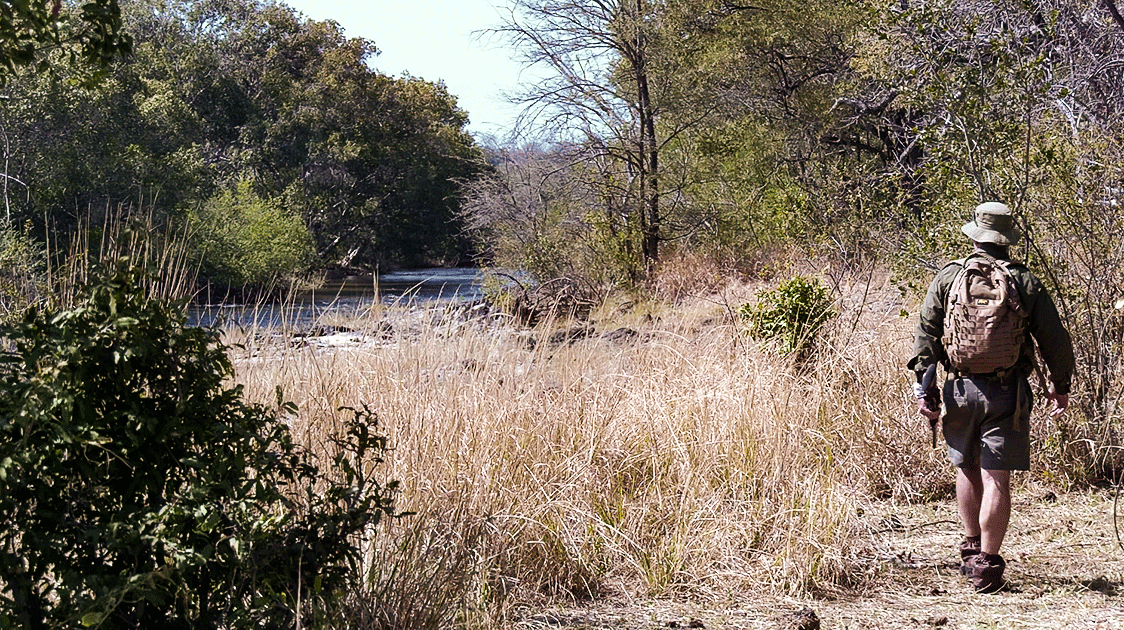
This reality is documented extensively in Patrol: Anti-Poaching in Action, an initiative established to feature the anti-poaching work of safari operations across Africa that aims to reveal "the unheralded work of these operations" and highlight "their significant contribution to conservation in Africa."
The scope of their work is staggering. As Jon Peterson explains in his piece on the African Wildlife Conservation Coalition (AWCC), "in rural Africa, the responsibility for wildlife conservation frequently falls on local hunting safari operators" who provide "essentials like anti-poaching operations and community services."
Evolution Under Fire
The challenges facing these rangers have evolved dramatically over recent decades. Guav Johnson's account of anti-poaching work in Northern Cameroon, featured in Patrol's "Militarizing Anti-poaching" documentary, illustrates this evolution.
When he first started hunting in the region, "unarmed game scouts were employed and were sent out in groups of six to eight carrying only machetes and axes."
But as poaching increased and "poachers started using firearms," the situation changed dramatically, requiring military personnel for protection when "anti-poaching units were not allowed to be armed."
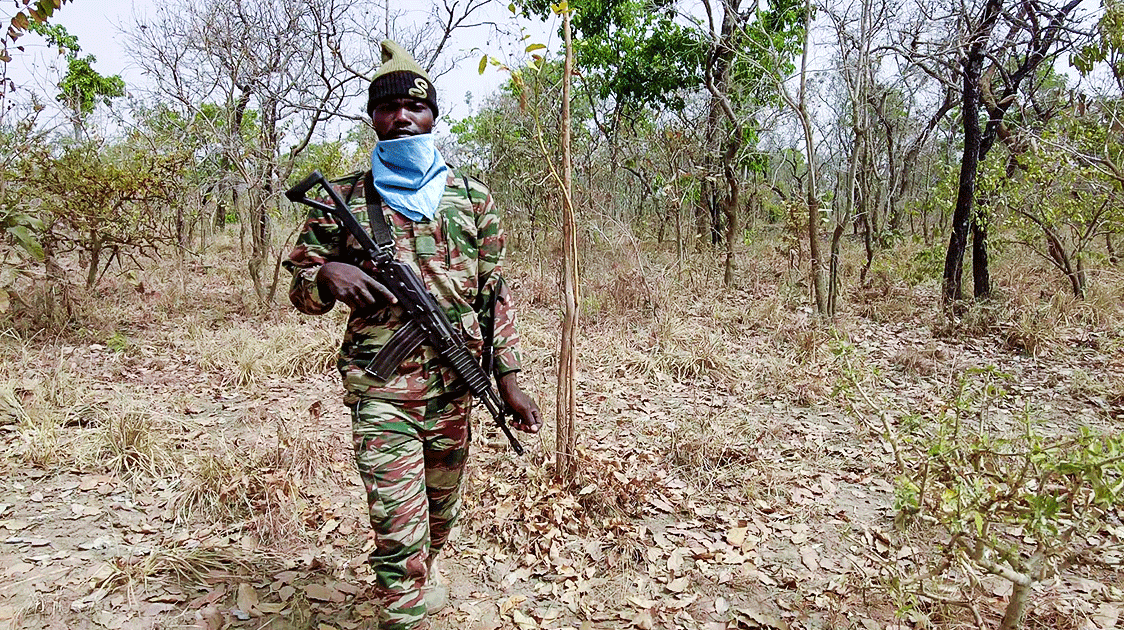
This militarization of anti-poaching efforts has been driven by necessity, not choice. Rangers in hunting operations face the same armed criminal syndicates as their counterparts in national parks, yet they often receive even less support and recognition for their dangerous work.
The Recognition Gap: Ideology Over Impact
The conservation community's reluctance to acknowledge rangers employed by safari hunting operations stems from deeply held ideological positions rather than evidence-based evaluation of conservation effectiveness.
This creates a perverse situation where rangers conducting identical work, removing snares, confronting armed poachers, collecting wildlife data, and protecting corridors, receive dramatically different levels of recognition based solely on who signs their paychecks.
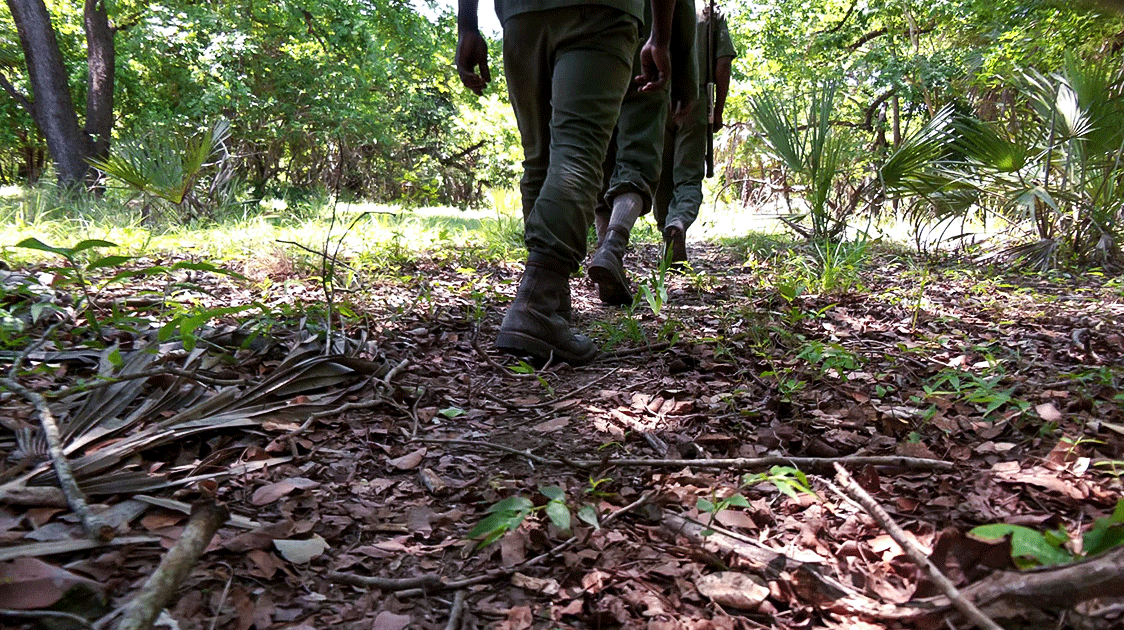
Ground Truth vs. Perception
In many African countries, hunting concessions cover larger areas than national park systems, providing law enforcement presence across landscapes that would otherwise have no protection.
The economic sustainability of hunting operations ensures year-round ranger presence, unlike many conservation projects that depend on inconsistent donor funding.
The transformation of Mozambique's Coutada 11 exemplifies this approach, where Mark Haldane's Zambeze Delta Safaris (ZDS) has achieved one of Africa's most remarkable conservation success stories.
When Haldane acquired the hunting lease in 1992, Coutada 11 was "almost devoid of life, both human and animal" after Mozambique's brutal civil war. Buffalo populations had crashed from 45,000 to just 1,200, while waterbuck numbers fell from 100,000 to 2,500.
Today, after three decades of dedicated anti-poaching work by rangers employed by ZDS, the 500,000-acre concession teems with wildlife.
The operation has developed one of Africa's most effective anti-poaching units, consisting of 25 professionally trained rangers who operate on foot, by vehicle, and on motorbikes to intercept poachers and protect wildlife.
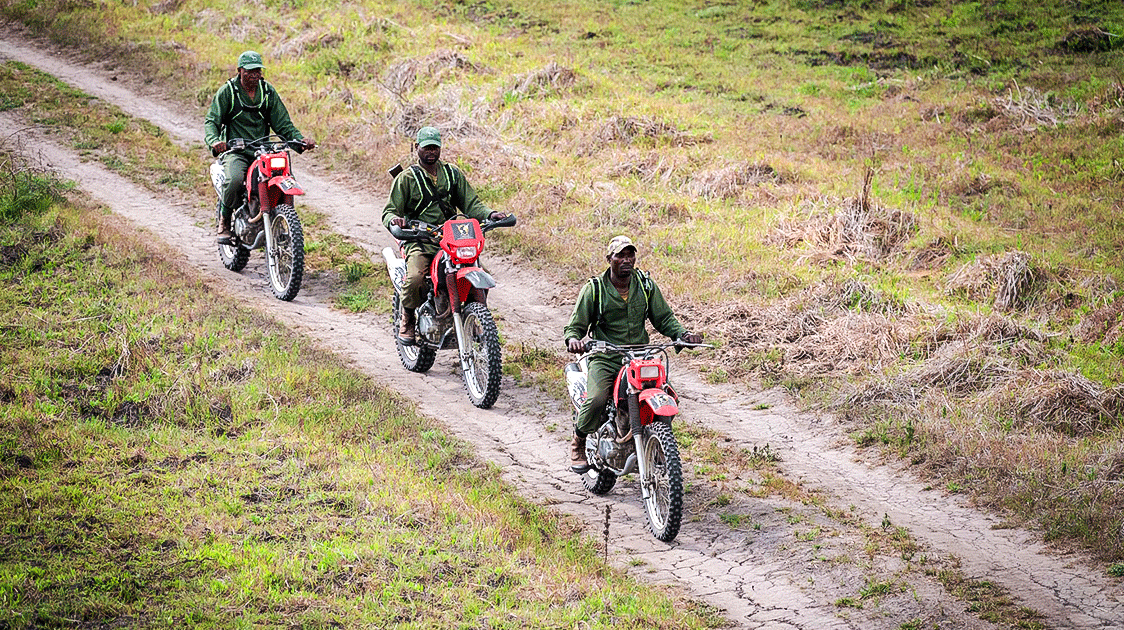
These rangers, many of whom are former poachers themselves, demonstrate the transformative power of providing legitimate employment and training to local communities.
This operation has not only rebuilt wildlife populations from near extinction but also developed comprehensive community programs that provide tangible benefits to local residents while maintaining one of Africa's most effective anti-poaching forces.
Identical Conditions
The professional rangers working in hunting operations undergo the same rigorous training as their counterparts elsewhere.
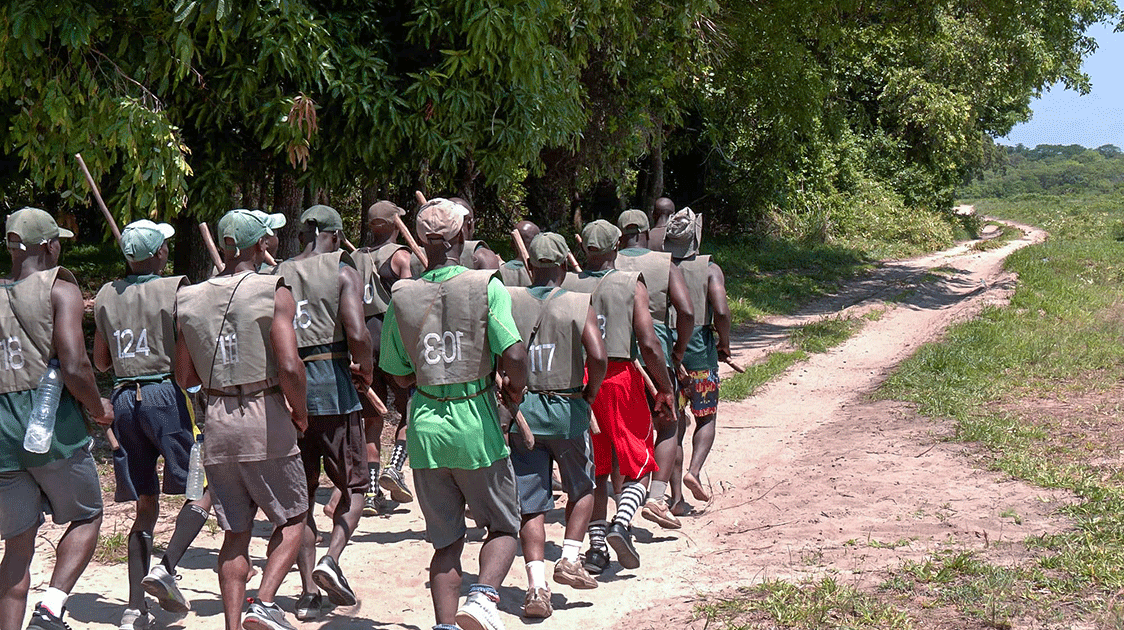
They face identical dangers, armed poachers, dangerous wildlife, harsh conditions, and extended periods away from family. They collect the same scientific data on wildlife populations and movements.
They maintain the same radio communication networks and coordinate with the same law enforcement agencies.
The only difference is their funding source and the ideological baggage that comes with it.
A Call for Inclusive Recognition
As the conservation community observes World Rangers Day 2025, we must expand our definition of who deserves recognition and support.
John Laing's challenge to critics is direct: "just to look at the good that hunting is doing, ensuring that our wild spaces are conserved." This good includes the daily work of rangers who patrol vast wilderness areas, confront poachers, and risk their lives to protect wildlife, regardless of who employs them.
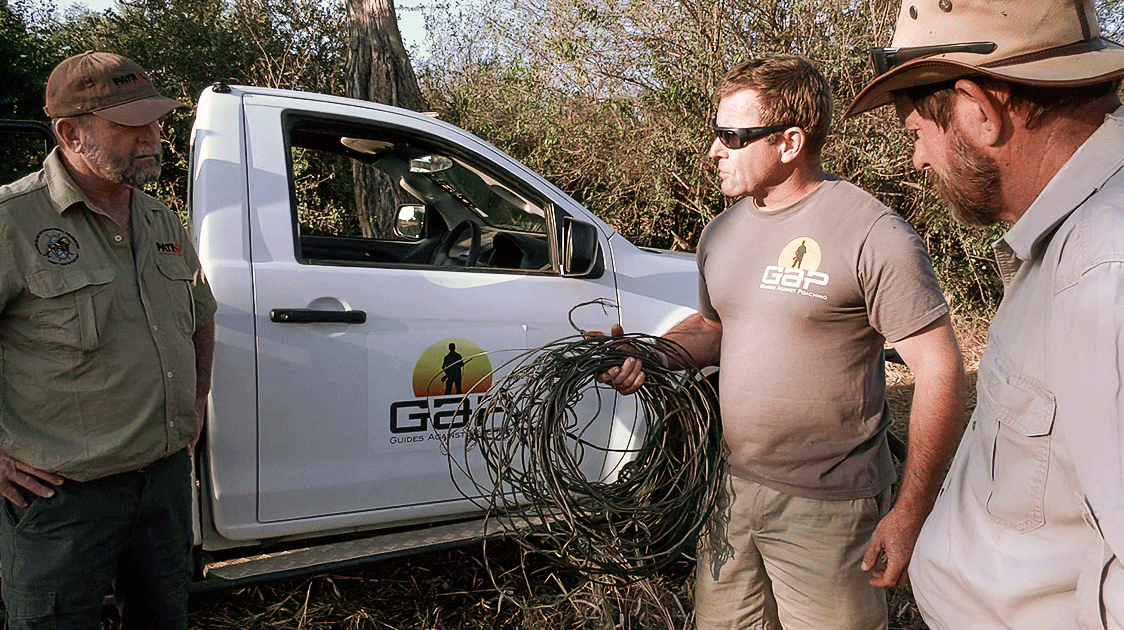
Moving Forward: Evidence Over Ideology
The path toward more effective global conservation requires recognizing all those who put themselves at risk to protect wildlife. Professional competence, dedication, and conservation impact should be the measures by which we evaluate rangers, not the ideological orientation of their funding sources.
World Rangers Day provides an opportunity to honor all conservation heroes. The rangers working in anti-poaching units for safari hunting operations have earned their place among those we celebrate.
Their courage in facing armed poachers, their dedication to wildlife protection, and their sacrifice in the service of conservation deserve our respect and support.
The question facing the conservation community is straightforward: Are we truly committed to protecting wildlife, or are we more concerned with maintaining ideological purity?
The rangers risking their lives daily in hunting concessions across Africa deserve an answer, and they deserve recognition.
Their service to conservation has gone unacknowledged for too long.
It's time to change that.

